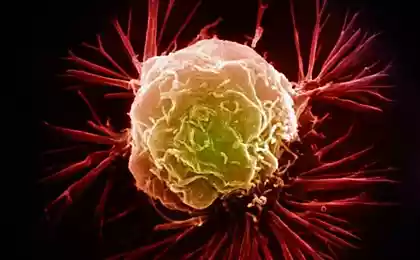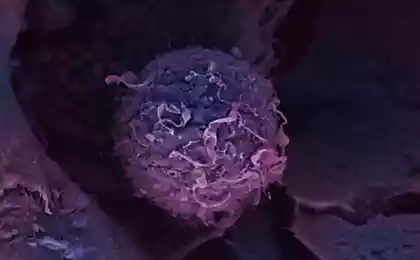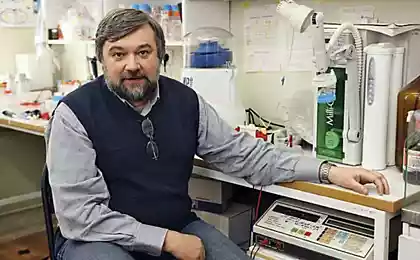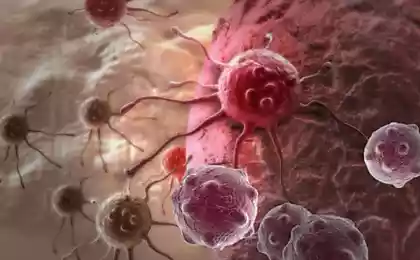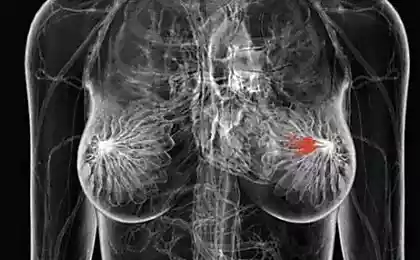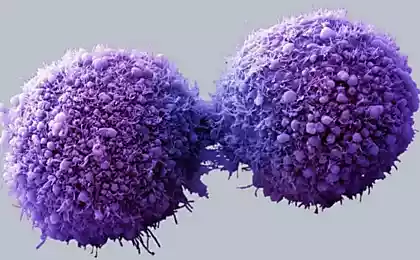478
Scientists have discovered the genetic cause of a rare and aggressive ovarian cancer
An international team of scientists has achieved a breakthrough in cancer research, discovering the genetic cause of a very aggressive and rare type of ovarian cancer, often developing in young girls and little girls. A recent study headed Transferable research Institute "Genomics" (eng. All tgen), published 29 Jul 2014 in the journal "Nature Genetic".
Ninety five million one hundred fifty one thousand four hundred eighty six
Scientists say that their finding indicates the existence of a large number of strong associations among the overwhelming majority of patients with a rare and aggressive form of ovarian cancer and a mutation in a gene called "SMARCA4".
Experts have written in your interview:
"We identified somatic mutations inactivated the gene in remodelarea chromatin SWI/SNF SMARCA4 in 75 percent of studied cases (9 of 12) in addition to SMARCA4 protein loss in 82% (14 of 17) of SCCOHT tumors but in only 0.4 percent (2 out of 485) of other primary ovarian tumors".
Dr. Jeffrey Trent, Director of the research all tgen and senior author, explains why their results are so amazing:
"Many genetic abnormalities can resemble cancer. But these results indicate that genetics that leads directly from this very aggressive disease. Correlation between mutations in SMARCA4 and the development of SCCOHT is infallible".
Source: globalscience.ru
Ninety five million one hundred fifty one thousand four hundred eighty six
Scientists say that their finding indicates the existence of a large number of strong associations among the overwhelming majority of patients with a rare and aggressive form of ovarian cancer and a mutation in a gene called "SMARCA4".
Experts have written in your interview:
"We identified somatic mutations inactivated the gene in remodelarea chromatin SWI/SNF SMARCA4 in 75 percent of studied cases (9 of 12) in addition to SMARCA4 protein loss in 82% (14 of 17) of SCCOHT tumors but in only 0.4 percent (2 out of 485) of other primary ovarian tumors".
Dr. Jeffrey Trent, Director of the research all tgen and senior author, explains why their results are so amazing:
"Many genetic abnormalities can resemble cancer. But these results indicate that genetics that leads directly from this very aggressive disease. Correlation between mutations in SMARCA4 and the development of SCCOHT is infallible".
Source: globalscience.ru


